
By Seade CAESAR
The United Arab Emirates (UAE) has once again positioned itself as a global trailblazer, this time by integrating Artificial Intelligence (AI) into its national school curriculum from kindergarten to Grade 12.
This bold initiative, starting in the 2025-2026 academic year, is not just about teaching tech it’s about shaping a future where students are creators, not just consumers, of AI-driven solutions. For Africa, a continent brimming with untapped potential and youthful energy, the UAE’s model offers a transformative blueprint for modernizing education systems and preparing future generations for the digital economy.
Why the UAE’s AI Curriculum is Revolutionary
The UAE’s AI curriculum is a deliberate, future-forward strategy designed to prepare students for a world increasingly driven by technology. Covering seven core areas, including data and algorithms, machine learning fundamentals, real-world AI applications, and ethical awareness, the curriculum ensures students graduate with practical, future-ready skills.
What sets this apart is its seamless integration into existing timetables without additional class hours. From playful, story-based AI activities in kindergarten to project-based learning for senior students, the curriculum is tailored to each age group’s developmental stage. By the time students graduate, they’re not just learning about AI but rather building with it.
What the UAE Is Actually Doing and Why It Matters
Curriculum Integration with national vision
The UAE embeds AI into its education system as part of the National Strategy for Artificial Intelligence 2031. This ensures alignment with the country’s wider social and economic agenda, including “We the UAE 2031.” By treating AI as a foundational literacy like math or reading the UAE prepares students to thrive in a data-driven future economy.
AI as a formal K-12 subject
Starting in the 2025-26 academic year, AI will be introduced across all public schools, from kindergarten to grade 12. Lessons will cover practical usage, ethical implications, and critical evaluation of AI-generated outputs. Unlike pilot programs in many countries, this is a systemwide rollout, ensuring every learner receives equal exposure to AI literacy from an early age.
Ecosystem delivery (platforms & institutions)
The UAE complements its curriculum reform with a robust ecosystem of digital platforms and institutions. Alef Education provides adaptive learning tools, Madrasa offers free Arabized STEM content, and MBZUAI builds advanced talent pipelines. Together, these initiatives bridge K-12 and higher education, ensuring that AI education is accessible, contextualized, and scalable, while promoting innovation through public-private collaboration.
Outcome orientation
Rather than focusing only on inputs like devices or platforms, the UAE measures learning outcomes. EdTech deployments are evaluated for measurable improvements in student performance, such as narrowing gaps in mathematics and literacy. By emphasizing results, the UAE avoids “EdTech hype” and builds a culture of evidence-based innovation, ensuring that AI integration genuinely enhances teaching and learning quality.
The UAE Blueprint-Transferable Pillars for African Governments
Start with a national AI-in-education policy and roadmap
The UAE anchors its AI curriculum reforms within a broader National AI Strategy 2031, giving education a clear role in shaping future skills. African governments can replicate this approach by developing a 10-year AI-in-education roadmap that aligns with AU and national digital strategies. This roadmap should set measurable milestones for infrastructure, curriculum integration, teacher training, and student outcomes, ensuring AI adoption is systematic, sustainable, and not fragmented into isolated, short-term projects.
Make AI literacy a core K-12 entitlement
In the UAE, AI education is mandatory for all K-12 learners, not limited to special programs. This ensures inclusivity and equal opportunity for every child. African nations can adopt a phased model starting with digital and data literacy at lower grades, gradually introducing AI basics, ethics, and applications in secondary school. Embedding AI into core subjects (math, science, and other subjects) ensures AI skills are universal, not reserved for elite schools or privileged students.
Invest in teacher capacity first
UAE’s success rests heavily on teacher readiness, supported by training, resources, and incentives. For Africa, investments in teacher development should precede mass device rollouts. Governments can launch micro-credential programs in AI pedagogy, ethics, and classroom application, delivered through teacher training colleges and professional development platforms. Continuous capacity building, mentoring, and peer-learning communities will empower teachers to use AI confidently, ensuring integration enhances rather than disrupts classroom practice. Teachers must be central, not peripheral, to reform.
Governance: ethics, safety, and data protection by design
The UAE makes AI ethics a central part of its K-12 rollout, teaching students about safe and responsible use. For Africa, this governance dimension is critical: policies must cover student data protection, academic integrity, algorithmic bias, and parental consent. Embedding digital citizenship and AI ethics into curricula will prepare learners for responsible participation in a digital economy. Clear regulations and school-based AI policies will prevent misuse, ensuring that AI strengthens trust in education rather than erodes it.
Solve infrastructure as policy, not pilot
The UAE ensures that AI-in-education is backed by reliable infrastructure power, connectivity, and devices implemented at national scale. Africa can draw lessons by treating school electrification, broadband, and device availability as policy priorities, not experimental projects.
Governments should use universal service funds, PPPs, and regional initiatives to connect clusters of schools systematically. Infrastructure investment must be sequenced with curriculum reform, ensuring AI-enabled learning doesn’t remain a privilege of urban schools but reaches rural and marginalized communities.
What Africa Can Learn
Africa, with its rapidly growing youth population and increasing tech adoption, is uniquely positioned to adapt and benefit from a similar model. Here’s how the UAE’s approach can inspire Africa’s education revolution:
Early Exposure to AI
Introducing AI education at an early age, as seen in the UAE, can play a pivotal role in building foundational tech skills among African students. By adapting playful and age-appropriate methods like storytelling, games, and interactive activities young learners can develop curiosity for technology in a fun and engaging way.
Early exposure also helps normalize AI as a tool for creativity and problem-solving rather than something intimidating. Africa’s education systems could incorporate AI into existing curricula to teach digital literacy alongside traditional subjects, ensuring that even the youngest students are equipped with the knowledge to thrive in a rapidly evolving digital world.
Ethical and Contextual Relevance
The UAE’s curriculum emphasizes ethical awareness, teaching students to consider the societal impacts and biases of AI. Africa could adapt this approach by addressing ethical challenges specific to the continent, such as ensuring AI applications are inclusive and culturally relevant.
For example, students could learn how AI can be used responsibly to improve food security, healthcare access, and environmental conservation. By instilling values of fairness, transparency, and accountability, Africa can nurture tech-savvy problem-solvers who understand the importance of responsible innovation. This localized focus ensures that AI education is not just theoretical but tied to real-world issues that matter to African communities.
Real-World Applications
The UAE’s curriculum encourages students to apply AI knowledge to tackle real-world problems, a strategy Africa can adopt to address its unique challenges. For instance, students could use AI to optimize agricultural practices, predict disease outbreaks, or improve transportation systems.
By focusing on project-based learning, Africa’s schools can inspire students to become solution-oriented innovators who leverage AI to create practical, impactful technologies. This approach not only builds technical skills but also fosters critical thinking and creativity. Teaching students to design AI-driven solutions for local issues would empower them to become active contributors to Africa’s socio-economic development, driving progress from within.
Teacher Training and Infrastructure
The UAE’s success with its AI curriculum relies heavily on well-trained educators and access to cutting-edge resources. For Africa to replicate this model, governments must invest in teacher training programs to equip educators with the skills to teach AI effectively.
Partnerships with EdTech companies and international organizations can help provide AI labs, software, and learning tools to schools. Additionally, infrastructure such as reliable internet access and electricity must be prioritized to ensure equitable implementation across urban and rural areas. By empowering teachers and equipping schools with the necessary resources, Africa can create an environment where AI education thrives for all students.
The Potential Impact on Africa
Adopting an AI-powered curriculum across Africa could have transformative effects, including:
Future-Ready Workforce
By integrating AI education into school curricula, Africa can prepare its youth for the demands of the global digital economy. As industries worldwide increasingly rely on AI-driven processes, a workforce equipped with AI skills will be highly sought after. Students trained in AI will not only be job-ready but will also have the ability to innovate within their respective fields, driving economic growth and technological advancement.
This future-ready workforce will bridge the gap between Africa and developed economies, positioning the continent as a competitive player in global markets. Such an initiative could transform Africa’s demographic advantage into a powerful economic force.
Homegrown Innovations
Localized AI education can empower African students to develop solutions tailored to the continent’s unique challenges. With knowledge of AI applications, students can create technologies to address issues such as food insecurity, healthcare access, and climate resilience. For example, AI could be used to predict crop yields, analyze disease outbreaks, or optimize renewable energy systems. By encouraging students to innovate with a focus on their communities, Africa can foster a generation of problem-solvers who think globally but act locally. Homegrown innovations not only improve quality of life but also reduce reliance on imported technologies, strengthening Africa’s self-sufficiency and economic independence.
Global Competitiveness
Adopting an AI-powered curriculum can help Africa position itself as a leader in the global tech landscape. With a generation of AI-literate graduates, the continent can attract investments from multinational companies seeking skilled talent and new markets. Africa’s ability to produce AI-driven solutions for global industries such as agriculture, healthcare, and logistics will boost its economic standing and influence. Furthermore, partnerships with international tech giants could lead to knowledge-sharing and infrastructure development. By embracing AI education, Africa can not only compete but thrive in the global economy, transforming its reputation from a frontier market to a hub of innovation and technological excellence.
Making the Leap
For Africa to replicate this model, bold policy decisions and investments are necessary. Governments must prioritize education reform, partner with private and international organizations, and commit to building the infrastructure needed for AI integration. The UAE’s initiative proves that with vision and commitment, an education system can be reimagined to meet the demands of tomorrow.
Africa’s youth are its greatest asset, and empowering them with AI skills could unlock unprecedented opportunities for growth, innovation, and global leadership. The UAE has provided the roadmap now it’s Africa’s turn to lead its own revolution in education.
Conclusion
The UAE is demonstrating how to move beyond slogans to system-level AI in schooling: start early, train teachers, redesign assessment, and build inclusive delivery. For African governments, the question is not whether to integrate AI into education, but how to do so responsibly and at scale. With smart financing, rigorous safeguards, and Africa–Gulf collaboration, the UAE’s model can be adapted into an African blueprint that measurably improves learning, inclusion, and employability turning today’s buzz around AI into tomorrow’s human capital gains.
Seade is the Executive Director,Africa Global Policy and Advisory Institute
The post UAE’s AI-powered school curriculum: A blueprint for Africa’s education transformation appeared first on The Business & Financial Times.
Read Full Story
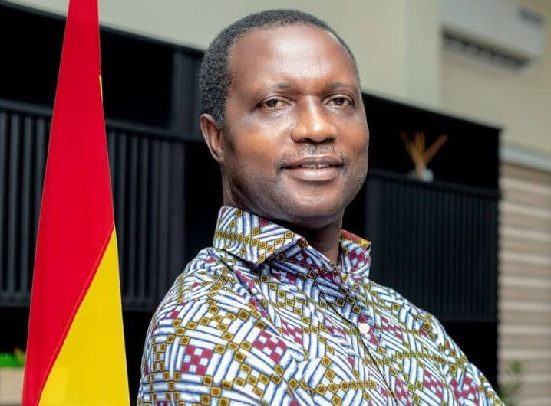
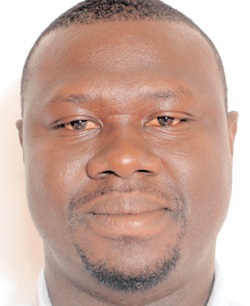
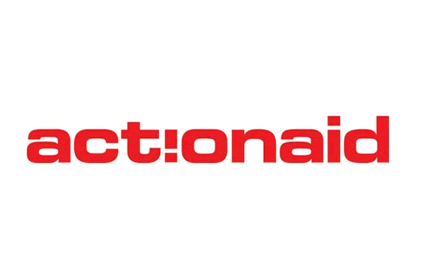



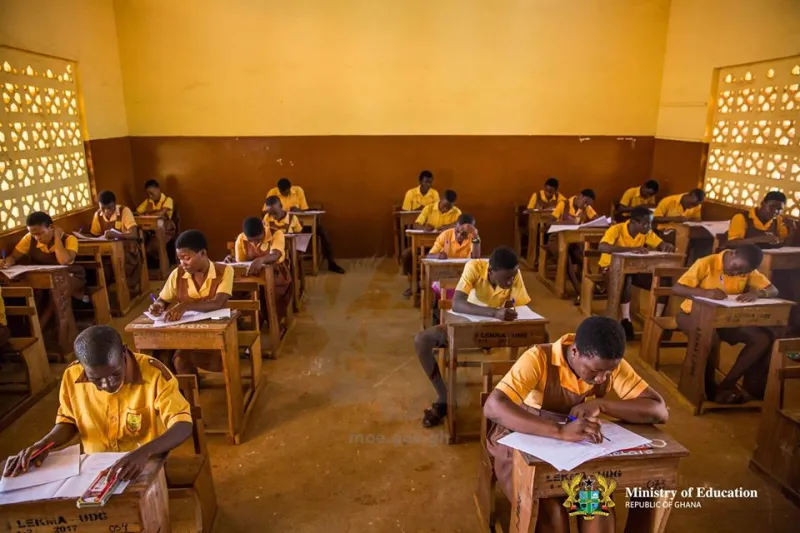










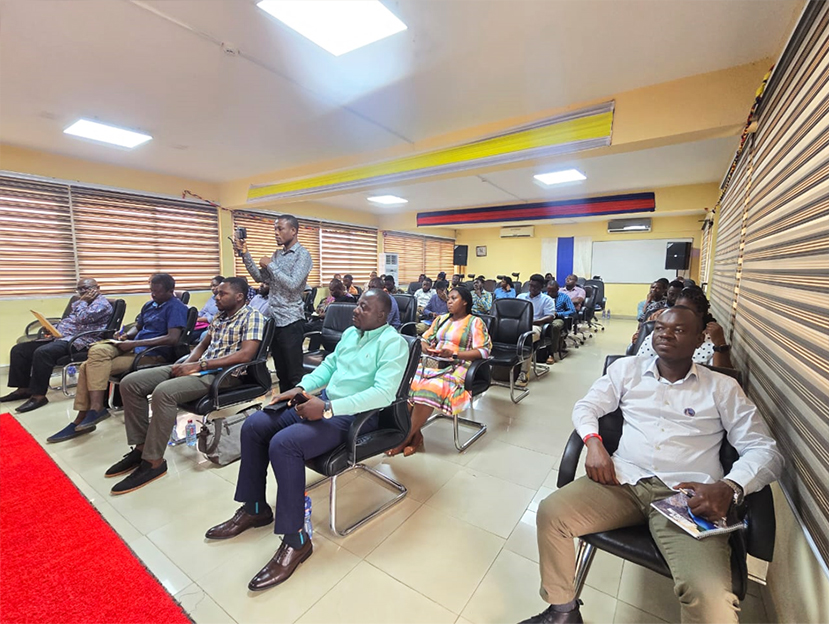
Facebook
Twitter
Pinterest
Instagram
Google+
YouTube
LinkedIn
RSS